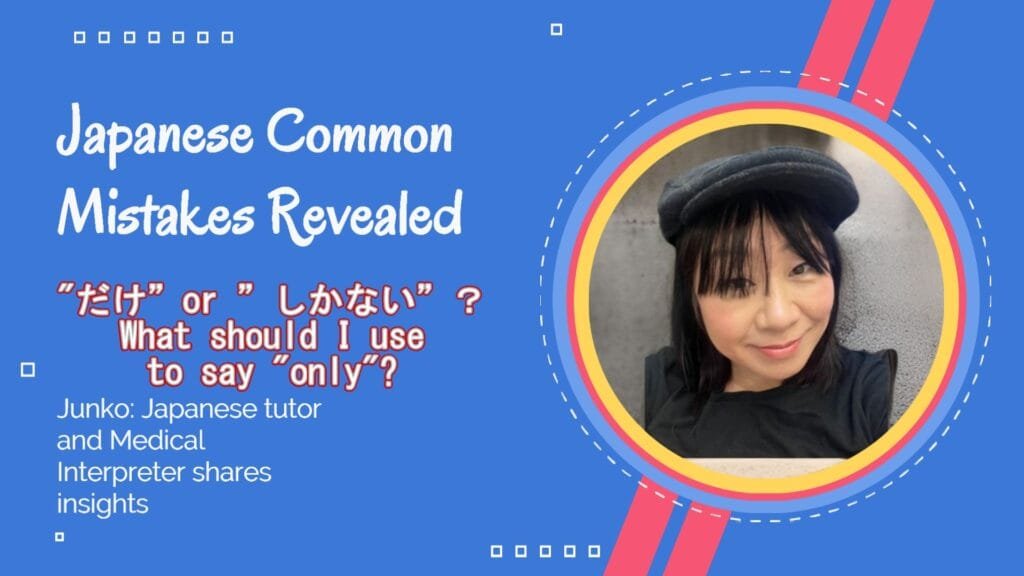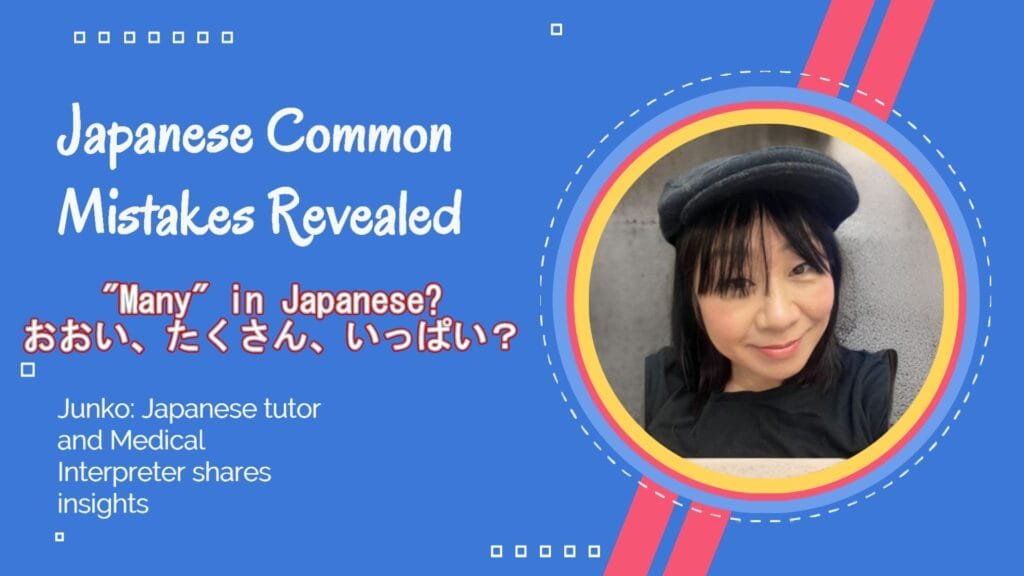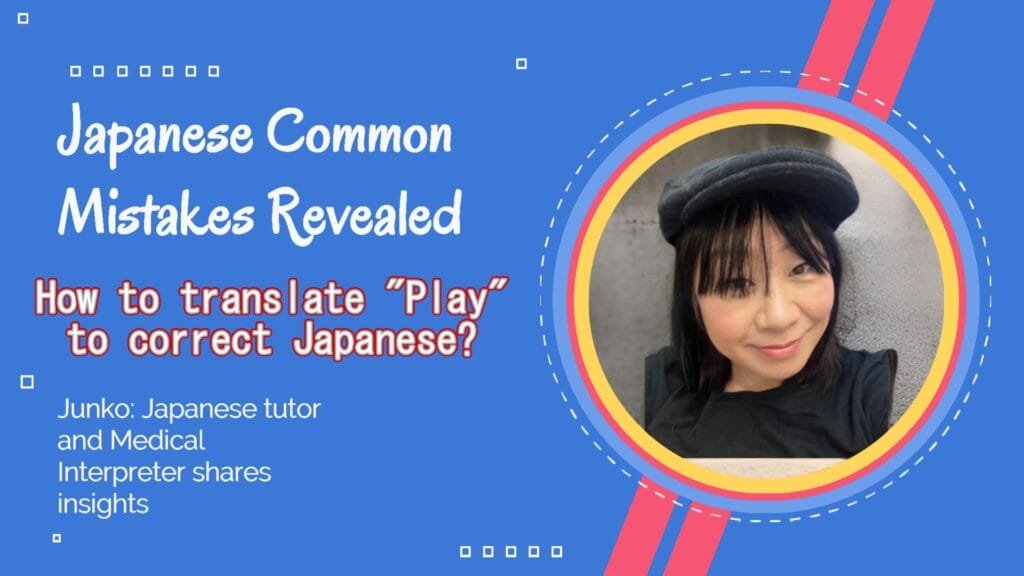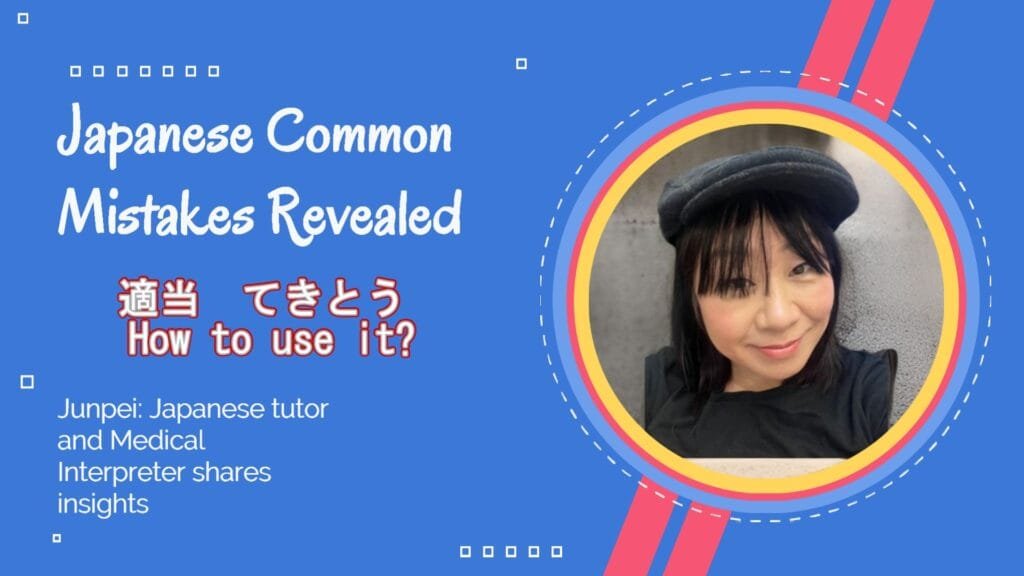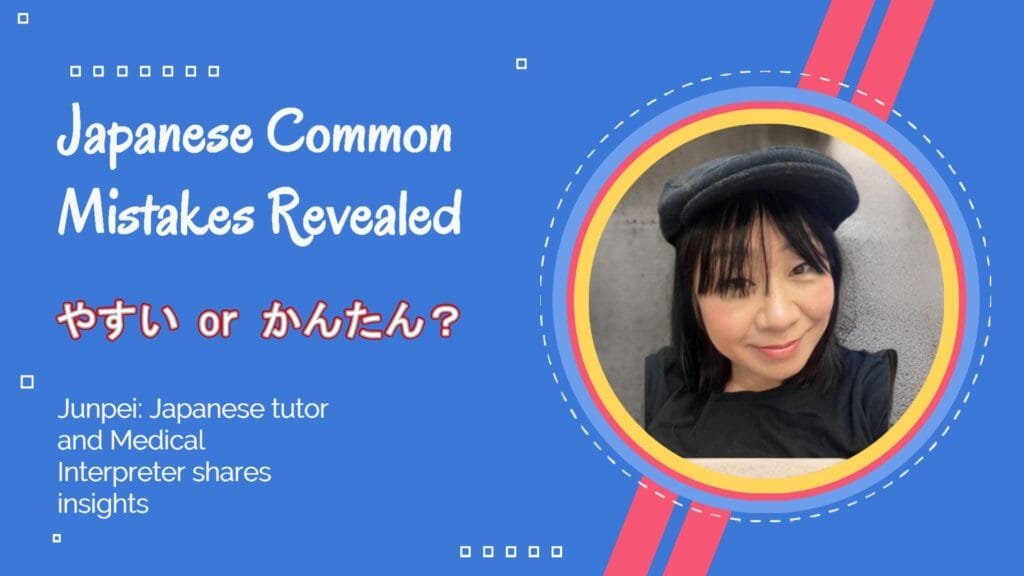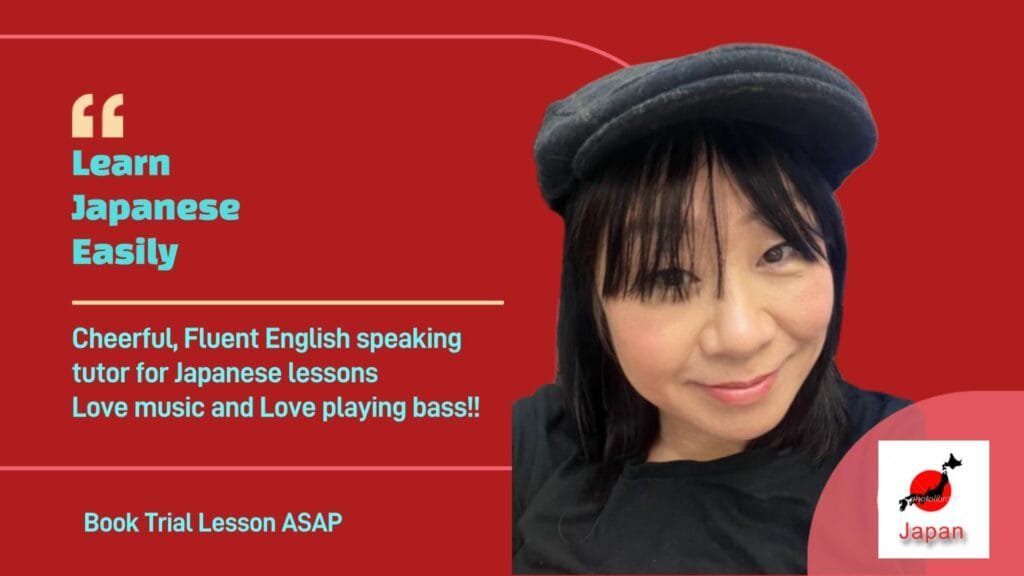How can I say “only” in Japanese? だけ or しかない?
Do you know how to use だけ and しかない? Many of my students ask me how to distinguish between them. When you open the fridge and find only one egg, what do you say? 冷蔵庫をあけると、たまごが1つしかなかった。 (When I opened the fridge, there was only one egg.) Most Japanese speakers would use the expression 1つしかなかった. It conveys a feeling that there is ONLY one egg in the fridge, often implying sadness or disappointment. Let’s think about it differently. 冷蔵庫に何かある? (Is there anything in the fridge?) たまごが一つだけあるよ。 (There’s only one egg.) This sentence using 一つだけあるよ doesn’t carry any sad feeling. Both だけある and しかない mean “only,” but the nuances in their usage are […]
How can I say “only” in Japanese? だけ or しかない? Read More »

